
Dave Neary is a member of the Open Source and Standards team at Red Hat, helping make Open Source projects important to Red Hat be successful. Dave has been around the free and open source software world, wearing many different hats, since sending his first patch to the GIMP in 1999.

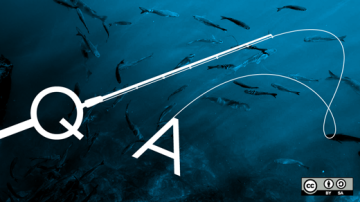
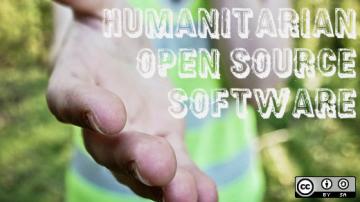
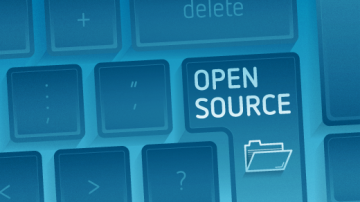
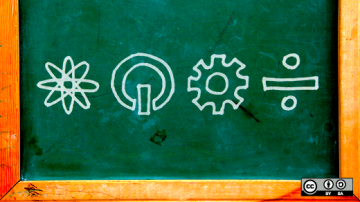
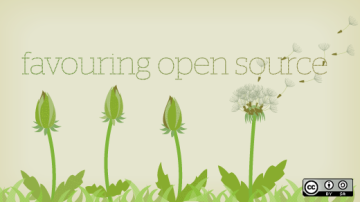
Authored Comments
Funny story. My first contribution to a prominent open source project was towards the end of the 1.1.x development series of the GIMP in 2000. I did not know how to submit a patch down official channels, and joining a mailing list to send in a patch was a very intimidating first step. The patch was a one-line fix to a GIMP plug-in to correct a small issue with tile management in the plug-in. I don't recall how I found it - I think there may have been a bug created for it on the old bugs.gimp.org website (pre-Bugzilla). In any case, I hit the bug, and fancied myself to fix it.
After coming up with this one-line patch, I looked in the project ChangeLog to find a name and email address to send the patch for review - I happened to see Daniel Egger (still an open source kernel developer) as a frequent contributor at the time, and he was very kind and encouraging with this first contact. Daniel committed the patch on my behalf to the GIMP CVS: https://gitlab.gnome.org/GNOME/gimp/commit/fcc29b05dcbf8b14916bba195d77…
Here's where the story gets funny. My very first contribution was wrong! My second patch to the GIMP, sent approximately an hour later, fixed the first patch. https://gitlab.gnome.org/GNOME/gimp/commit/d8dfc2128aa1f768152d86f12005…
So, I learned early that it's OK to make mistakes as long as you fix them :-)
Thanks for the feedback John! I agree, some shell constructs are very confusing and need explanation - this one in particular is of the form:
[ test ] && action
[ ... ] tests whether an action returns true or false.
a && b executes a, and if it is true, executes b (and evaluated to true or false, depending on whether both commands return true (or success) or not.
So "[ test ] && action" will execute the action only if the test returns true. It is equivalent to:
if [ test ]; then
action;
fi
Maybe shell built-ins should be the next article I do?
Thanks again!
Dave.